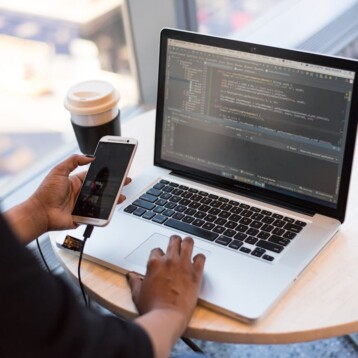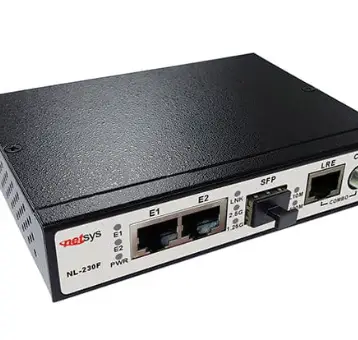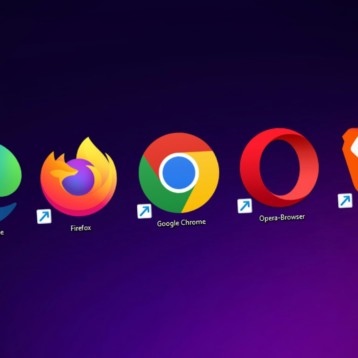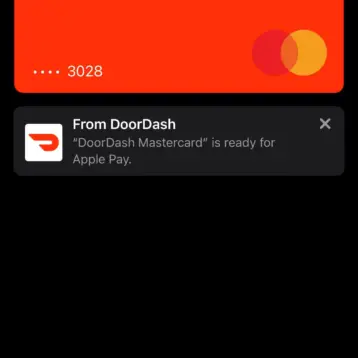
The topic of personal information that is stored online is one of those things that can quickly send you down a rabbit hole of anxiety, once you really start thinking about it.
For instance, let’s say you recently ordered some socks from an online retailer. To complete that simple transaction, you had to enter in your name, address, phone number, email address and credit card number. Even if you declined to have your account number saved for next time, you just gave an online retailer a whole bunch of personal data.
What Types of Personal Data is Online?
The term “personal data” actually extends far beyond your name, address and credit card info. It also includes health records, bank accounts, Social Security numbers and more, all stored online.
In the case of your sock order, at least you willingly provided the company with some of your personal data. But in reality, there are countless times on any given day when you are unwittingly sharing tons of data about you, your online habits and more. For instance, traditional cookies are often used by huge companies like Google and Facebook to follow you around online from site to site. Devices known as fingerprinters can track you by creating a profile of the device you use to go online; they can learn your IP address and what type of computer you have. And, unless you have a law degree and really pore over each and every terms of agreement disclosure on every online store, you may be agreeing that it’s okay for the company to sell your information to other corporations and data collecting firms.
Get Ahead of the Game with Online Security
If the previous paragraphs have you wanting to never order anything online again, surf the net or use Facebook, take heed: there are a number of steps you can take to improve your online security and reduce the amount of personal data that is floating around on the internet.
First, start by deleting or deactivating as many shopping, social network and online service accounts as you can. Focus on the ones that you rarely, if ever, use—like maybe the Reddit account you opened up for fun a year ago or the one time you bought light bulbs online from Home Depot. To delete these accounts, go to the My Account page on each site and look for the option to delete, deactivate or close the account. If you are not having any luck on certain sites, trying Googling “how to delete my (fill in name of website) account” for advice.
Next, do everything you can to remove your personal data from collection sites that have mined your information, probably without your knowledge. These include Whitepages.com, Spokeo and others. Each one should have a Privacy or Opt Out section on the site—it may take some digging on your part to find it, but with due diligence you should discover how to remove your personal data from these sites.
Invest in Identity Theft Protection
In addition to doing everything you can to remove your personal data from as much of the internet as possible, it is also helpful to invest in an identity theft protection plan from a company like LifeLock. You only have so much time on any given day to monitor your personal data, but LifeLock’s state-of-the-art programs will protect your private information all day long. If something seems amiss, you will get a notification—for instance, if someone has stolen your identity and is now trying to apply for a car loan at a local dealership, the company will alert you, and then take steps to fix the issue. To help you save more of your hard-earned money, LifeLock is currently offering coupons for ID protection that will save you up to 25 percent off of your first year of service.
Be Smart, Stay Safe Online
Yes, your personal data is online, and yes, you allowed some of it to be there. But instead of being fearful of what has been collected and how it may be used, take the online security bull by the horns and take the necessary steps to remove as much of this sensitive data as you can. This step, along with an identity theft plan, can help you sleep better at night, knowing you have done your part to be on top of your online security.







![10 Top Game Sites Not Blocked By School [2024 Updated]](https://thefutureofthings.com/wp-content/uploads/2024/10/image-25-358x358.png)


